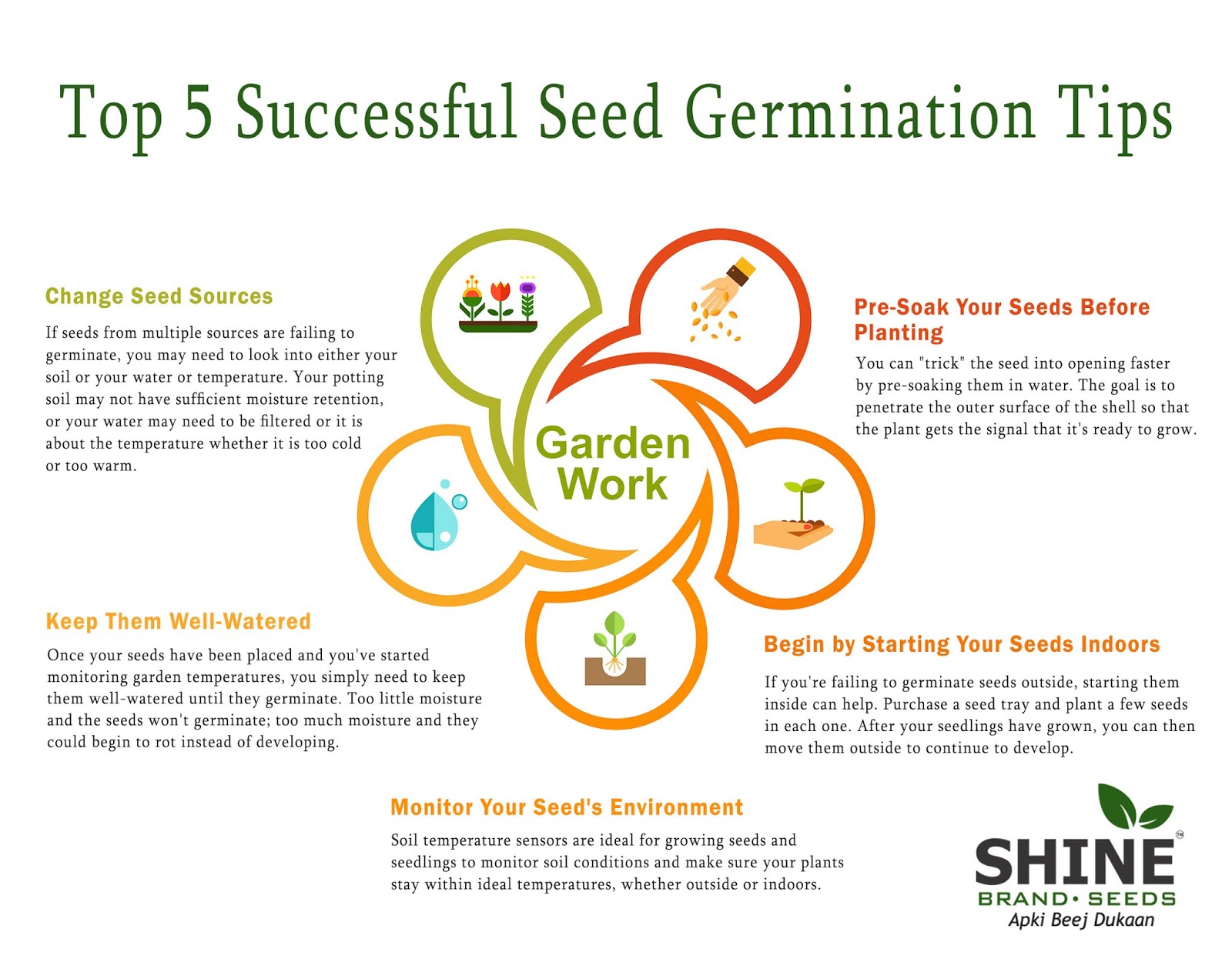Key Factor To Increase The Production Of High Yield Vegetable Seeds!!
High-yield vegetable crops are those that have been grown, genetically
modified, or fertilized to improve their production yields. The world’s growing
population are largely dependent on the ability of the agricultural industry to
raise high yielding food crops.
There
are a different variety of factors associated with crop yield and the risks
involved with farming. The main important factors that influence crop yield are
soil fertility, availability of water, climate, and diseases or pests.
Plant Early and Plant Effectively
Choosing
the right time to plant vegetables is often the most important part of
planting. The best strategy to use to increase crop yields is; if your soil is
ready, start planting. There are tests you can perform on the soil to see if it
is ready for planting. Today’s hybrid seeds produce a more sustainable product,
but knowing if your field is ready for early planting is just as important.
Planting early can result in increased yields by taking benefit of unexpectedly
early favorable soil conditions.
The Yield Potential
It
is not just enough to plant your seeds and hope for the best, you must always
be sure to understand your field’s growth potential. Understanding the kind of
vegetable crops you’re planting, and the kinds of seeds you are using are
important when assessing yield potential. Crop producers normally have an
estimated idea of the yield potential of their seeds. Understanding this will
help manage not only expectations but whether or not your yield potential is
matching your actual production.
Ensure Proper Water Drainage
Water
management is necessary for crop survival and maximizing your crop yield
potential. It is very important to ensure your crop is getting enough water,
but also that they aren’t being overwatered. Developing a drainage system in
your vegetable crops can help prevent waterlogging and salinization in your
soil, both of which can stifle growth and production.
Utilize Fertilizers
Cultivating
your soil with fertilizers is an important part of maintaining optimal soil
conditions for vegetable crops on your farmland. Fertilizing your vegetables at
the time of seeding can help provide the seeds with essential nutrients like
potassium, phosphorous, and calcium. The rootzone at the base of your crops is
an important area to facilitate growth so your vegetables can thrive and
produce an impressive yield.
Test Your Soil
Soil
testing should be on your to-do list right from the get-go because your soil
and it’s needed will directly influence the growth of your vegetable crops.
Examining the phosphorus, potassium, and fertilization levels will give you
insight into how to handle your vegetable crops. It will also let you know when
proper soil conditions are forming, for example, the optimal density and the
right amount of nutrients, so you are ready to start planting.
The
function of nutrients in vegetable plants is complex and includes processes
like root, shoot, leaf and fruit development, production of proteins, hormones
and chlorophyll, photosynthesis, etc. Soil is the main source of these nutrients
to plants and soil fertility (or nutrient content) can, therefore, have a
profound impact on crop production. The absence of any one of these nutrients
has the potential to decrease crop yield by negatively affecting the growth
factor.
Planting
vegetable crops outside the specific climatic region that they are adapted to
will negatively impact crop yield. Erratic weather patterns pose an immense
risk to crops, as they can cause extensive damage to crops and may generate
highly favorable conditions for certain pests and weeds to thrive.
Objectives of Crop Yield Improvement
The
objective of crop yield improvement mainly depends on the crop type. The crop
yield improvement is mainly done for the following factors;
Higher Yield:
You
can achieve a higher yield of vegetable crops by developing HYV (high yielding variety) crops.
This can be done by the method of hybridization and cross-breeding.
Better
Quality:
There
are several reasons for improving the quality of different crops, such as
improvement of the baking quality in cereals like wheat. On the other hand,
pulses require having better protein quality.
Biotic
and Abiotic Resistance:
We
should develop crops that are resistant to biotic stresses like insects and
diseases and abiotic stresses such as heat, salinity, and cold. This can
significantly improve the vegetable crop production in the country.
Various
Desirable Agronomic Traits:
Higher
production can be achieved by developing varieties of crops that contain the
desirable agronomic traits to sustain the various threats during the production
process.
Better and Wider Adaptability of
The Crops:
By
developing crops with better adaptability to changing climatic and nutritional
conditions, then stabilize the crop production, thus, leading to higher yields
in crop each year.
Easier to Adapt to Changing
Climatic Conditions:
We
should concentrate on producing the varieties that are easier to adapt to the
new and changing climatic conditions easily. This is one great method to
improve crop yield.
Now
you have an idea about the complete process to increase the production of high
yield vegetable seeds.
Shine Brand Seeds also provides the hybrid vegetable seeds. To get more valuable solutions regarding
agriculture and seeds visit our website or call at 8770896002.




Comments
Post a Comment